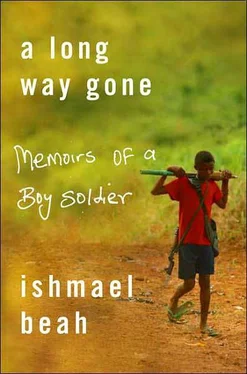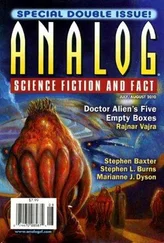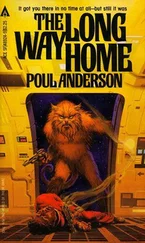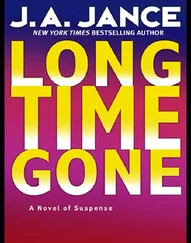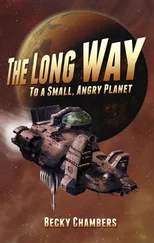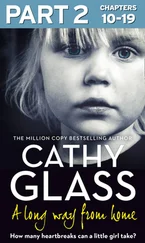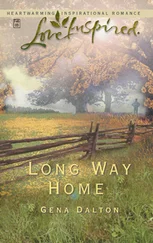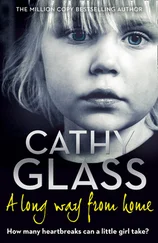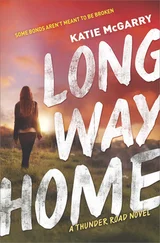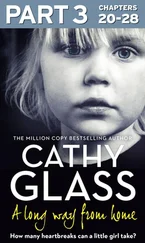———
There was a thick forest on one side of the village where my grandmother lived and coffee farms on the other. A river flowed from the forest to the edge of the village, passing through palm kernels into a swamp. Above the swamp banana farms stretched into the horizon. The main dirt road that passed through Kabati was rutted with holes and puddles where ducks liked to bathe during the day, and in the backyards of the houses birds nested in mango trees.
In the morning, the sun would rise from behind the forest. First, its rays penetrated through the leaves, and gradually, with cockcrows and sparrows that vigorously proclaimed daylight, the golden sun sat at the top of the forest. In the evening, monkeys could be seen in the forest jumping from tree to tree, returning to their sleeping places. On the coffee farms, chickens were always busy hiding their young from hawks. Beyond the farms, palm trees waved their fronds with the moving wind. Sometimes a palm wine tapper could be seen climbing in the early evening.
The evening ended with the cracking of branches in the forest and the pounding of rice in mortars. The echoes resonated in the village, causing birds to fly off and return curiously chattering. Crickets, frogs, toads, and owls followed them, all calling for night while leaving their hiding places. Smoke rose from thatched-roof kitchens, and people would start arriving from farms carrying lamps and sometimes lit firewood.
“We must strive to be like the moon.” An old man in Kabati repeated this sentence often to people who walked past his house on their way to the river to fetch water, to hunt, to tap palm wine; and to their farms. I remember asking my grandmother what the old man meant. She explained that the adage served to remind people to always be on their best behavior and to be good to others. She said that people complain when there is too much sun and it gets unbearably hot, and also when it rains too much or when it is cold. But, she said, no one grumbles when the moon shines. Everyone becomes happy and appreciates the moon in their own special way. Children watch their shadows and play in its light, people gather at the square to tell stories and dance through the night. A lot of happy things happen when the moon shines. These are some of the reasons why we should want to be like the moon.
“You look hungry. I will fix you some cassava.” She ended the discussion.
After my grandmother told me why we should strive to be like the moon, I took it upon myself to closely observe it. Each night when the moon appeared in the sky, I would lie on the ground outside and quietly watch it. I wanted to find out why it was so appealing and likable. I became fascinated with the different shapes that I saw inside the moon. Some nights I saw the head of a man. He had a medium beard and wore a sailor’s hat. Other times I saw a man with an ax chopping wood, and sometimes a woman cradling a baby at her breast. Whenever I get a chance to observe the moon now, I still see those same images I saw when I was six, and it pleases me to know that that part of my childhood is still embedded in me.
I AM PUSHINGa rusty wheelbarrow in a town where the air smells of blood and burnt flesh. The breeze brings the faint cries of those whose last breaths are leaving their mangled bodies. I walk past them. Their arms and legs are missing; their intestines spill out through the bullet holes in their stomachs; brain matter comes out of their noses and ears. The flies are so excited and intoxicated that they fall on the pools of blood and die. The eyes of the nearly dead are redder than the blood that comes out of them, and it seems that their bones will tear through the skin of their taut faces at any minute. I turn my face to the ground to look at my feet. My tattered crapes are soaked with blood, which seems to be running down my army shorts. I feel no physical pain, so I am not sure whether I’ve been wounded. I can feel the warmth of my AK-47’s barrel on my back; I don’t remember when I last fired it. It feels as if needles have been hammered into my brain, and it is hard to be sure whether it is day or night. The wheelbarrow in front of me contains a dead body wrapped in white bedsheets. I do not know why I am taking this particular body to the cemetery.
When I arrive at the cemetery, I struggle to lift it from the wheelbarrow; it feels as if the body is resisting. I carry it in my arms, looking for a suitable place to lay it to rest. My body begins to ache and I can’t lift a foot without feeling a rush of pain from my toes to my spine. I collapse on the ground and hold the body in my arms. Blood spots begin to emerge on the white bedsheets covering it. Setting the body on the ground, I start to unwrap it, beginning at the feet. All the way up to the neck, there are bullet holes. One bullet has crushed the Adam’s apple and sent the remains of it to the back of the throat. I lift the cloth from the body’s face. I am looking at my own.
I lay sweating for a few minutes on the cool wooden floor where I had fallen, before turning on the light so that I could completely free myself from the dreamworld. A piercing pain ran through my spine. I studied the red exposed brick wall of the room and tried to identify the rap music coming from a car passing by. A shudder racked my body, and I tried to think about my new life in New York City, where I had been for over a month. But my mind wandered across the Atlantic Ocean back to Sierra Leone. I saw myself holding an AK-47 and walking through a coffee farm with a squad that consisted of many boys and a few adults. We were on our way to attack a small town that had ammunition and food. As soon as we left the coffee farm, we unexpectedly ran into another armed group at a soccer field adjoining the ruins of what had once been a village. We opened fire until the last living being in the other group fell to the ground. We walked toward the dead bodies, giving each other high fives. The group had also consisted of young boys like us, but we didn’t care about them. We took their ammunition, sat on their bodies, and started eating the cooked food they had been carrying. All around us, fresh blood leaked from the bullet holes in their bodies.
I got up from the floor, soaked a white towel with a glass of water, and tied it around my head. I was afraid to fall asleep, but staying awake also brought back painful memories. Memories I sometimes wish I could wash away, even though I am aware that they are an important part of what my life is; who I am now. I stayed awake all night, anxiously waiting for daylight, so that I could fully return to my new life, to rediscover the happiness I had known as a child, the joy that had stayed alive inside me even through times when being alive itself became a burden. These days I live in three worlds: my dreams, and the experiences of my new life, which trigger memories from the past.
WE WERE INMattru Jong longer than we had anticipated. We hadn’t heard any news about our families and didn’t know what else to do except wait and hope that they were well.
We heard that the rebels were stationed in Sumbuya, a town twenty or so miles to the northeast of Mattru Jong. This rumor was soon replaced by letters brought by people whose lives the rebels had spared during their massacre in Sumbuya. The letters simply informed the people of Mattru Jong that the rebels were coming and wanted to be welcomed, since they were fighting for us. One of the messengers was a young man. They had carved their initials, RUF (Revolutionary United Front), on his body with a hot bayonet and chopped off all his fingers with the exception of his thumbs. The rebels called this mutilation “one love.” Before the war, people raised a thumb to say “One love” to each other, an expression popularized by the love and influence of reggae music.
Читать дальше
